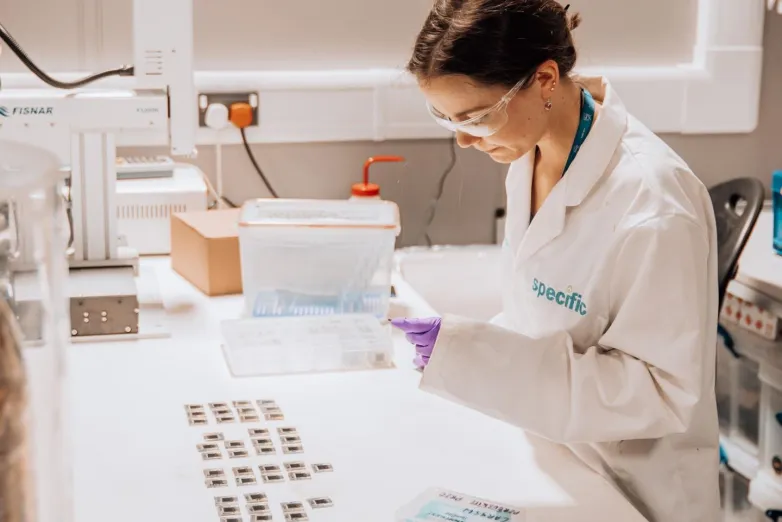A more secure, greener way to make solar cells: Scientists discover replacement for poisonous solvent
- Researchers at SPECIFIC Innovation and Knowledge Centre, Swansea University, have located a means to change the harmful, unsustainable solvents currently required to make the next generation of solar innovation.

Printed carbon perovskite solar cells have been described as a most likely front runner to the market due to the fact that they are very reliable at converting light to power, low-cost and very easy to make.
A major barrier to the large-scale manufacture and commercialization of these cells is the solvents utilized to manage crystallization of the perovskite during fabrication: This is due to the fact that they are made from unsustainable products and are prohibited in several countries because of their poisoning and also psychoactive effects.
SPECIFIC's scientists have discovered that a non-toxic naturally degradable solvent called γ-Valerolactone (GVL) could change these solvents without affecting cell efficiency.
GVL's list of benefits can improve the commercial stability of carbon perovskite solar gadgets:
- It is made from lasting feedstocks
- There are no lawful concerns in its usage all over the world
- It appropriates for usage in large-scale manufacturing procedures
- It is non-toxic as well as eco-friendly
Carys Worsley, that led the research study as part of her doctorate, said:
" To be truly eco lasting, the way that solar cells are made must be as environment-friendly as the energy they generate. As the next generation of solar technologies approaches industrial stability, research study to lower the environmental effect of large-scale production will end up being progressively important."
Professor Trystan Watson, research team leader, included:
" Lots of issues need to be fixed before these modern technologies come to be an industrial truth. This solvent trouble was a major obstacle, not only limiting large-scale manufacture however holding back study in countries where the solvents are prohibited.
We wish our discovery will certainly enable countries that have actually formerly been incapable to take part in this research to enter into the neighborhood and accelerate the development of cleaner, greener energy."
Also read

